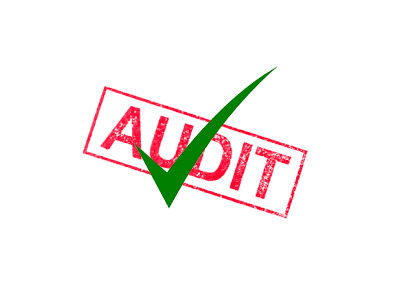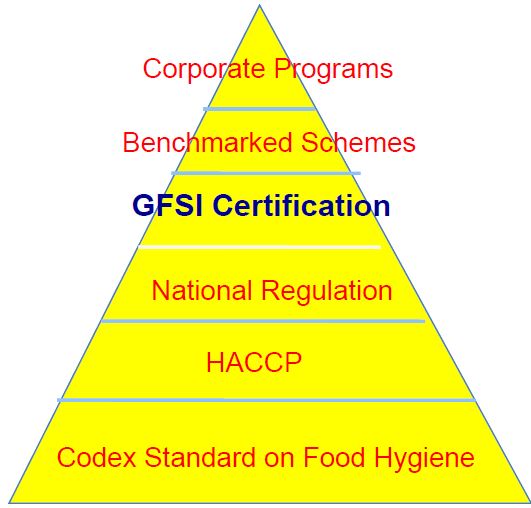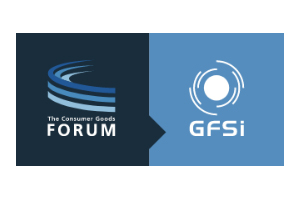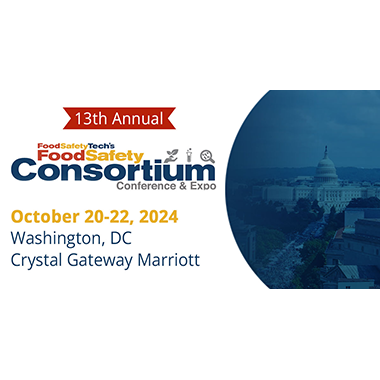

Finalists were selected in the categories of SQF Auditing and SQF Practitioner Leadership

Finalists were selected in the categories of SQF Auditing and SQF Practitioner Leadership
Food safety audits are critical for food and beverage operations and are critical in building a strong food safety culture. Whether preparing for a retail food safety audit or striving to meet scheme or standard audit requirements, auditor calibration can provide value to ensure auditors fully understand and abide by program rules. The authors describe how auditors can utilize auditor calibration to establish a stronger food safety culture and meet certification requirements.

FSSC 22000 has completed the GFSI Benchmarking process for Version 6 of the Scheme and achieved recognition against the GFSI Benchmarking Requirements v2020.

Maintaining the safety of the food we consume is complex and multi-faceted. Inspections and audits have become the backbone of our food industry’s quality control processes in preventing foodborne illnesses and ensuring the stringent regulatory measures are met. This article details the intricacies of the importance of inspections and audits, highlighting the procedure involved to reduce the consistency of recalls.

This paper compares U.S. food laws with GFSI standards, highlighting their respective strengths and weaknesses. U.S. food laws provide a legally enforceable, standardized framework that ensures consumer protection and public accountability. Conversely, GFSI standards offer flexibility, global recognition, and industry-driven innovation, albeit at higher costs and with less enforcement power. The U.S. food safety system, despite its complexity, delivers robust protection through comprehensive federal regulations. A balanced approach that integrates the strengths of both systems could optimize food safety, leveraging legal enforcement and global industry standards.

The GFSI Steering Committee has suspended recognition of certification programmes owned by the Equitable Food Initiaive until evidence of re-alignment to GFSI Benchmarking requirements v 2020 is provided by the Certification Programme Owner EFI. This suspension took effect on 7th June 2024.

The FSQA community is on the cusp of a resurgence in activity, training and investments. Even before the pandemic, there was an overall sense of FSMA and GFSI fatigue. I am seeing a collective increase in FSQA activity that has not been present in many years.

The Food Safety Consortium call for abstracts is now open. The 2024 conference will take place October 20-22 in Washington, DC.

The program includes GFSI-based food safety culture instruction, a best practice case study and a food safety culture gauge that provides custom action plans and resources.

GFSI acts as an official observer to Codex, providing input and recommendations, and is also observing to help ensure this work does not reinvent the wheel, but identifies, collects and utilizes existing work from experts that have been working on this topic for the past decade.